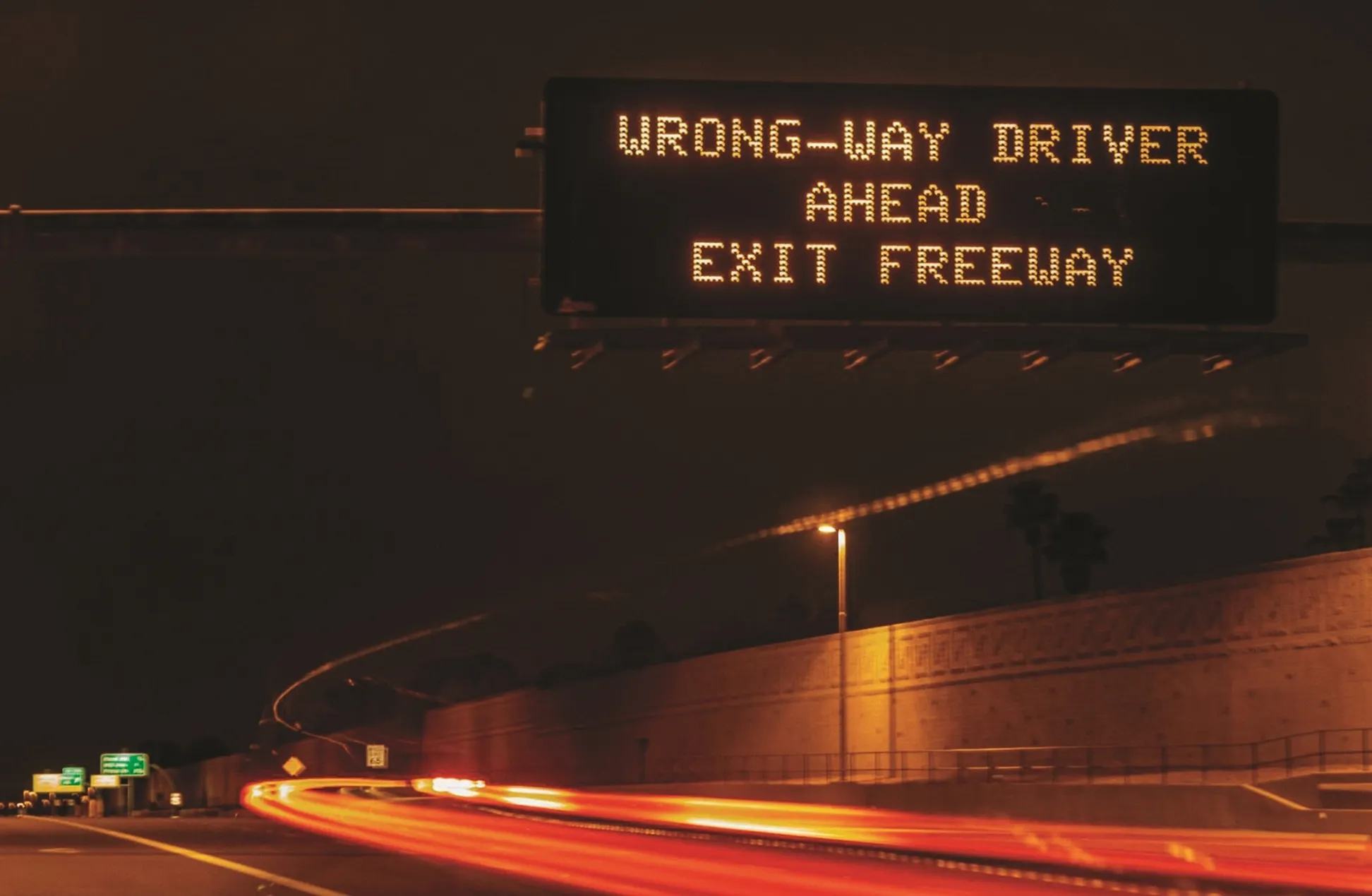Auto Express consumer editor Joe Finnerty and British Formula 3 hopeful Jamie Chadwick were put to the test in a professional racing simulator at Base Performance Simulators in Banbury. They were both assessed to see how they coped with the most common distracting tasks on UK roads, while completing timed laps and braking at a specific point. IAM RoadSmart’s head of technical policy, Tim Shallcross, monitored the findings.
The results showed a large difference in performance between distractions. Entering a postcode into a sat-nav app proved to be the worst, followed by sending a text message. Other tasks carried out included eating, drinking, making a phone call and talking to a passenger.
The least distracting task for lap time was talking to a passenger, but it still ranked very poorly for the braking test. According to Shallcross, both drivers failed to brake accurately at the target line. He noted that their ability to drive normally confirms the difference between the extra distraction of a phone conversation and the natural act of talking to a passenger, but still shows that any distraction reduces attention, and in an emergency, it might be critical.
Experiment discovers ‘deadliest distractions’ at the wheel
Road safety charity IAM RoadSmart and UK car magazine Auto Express teamed up to find out which are the deadliest behind-the-wheel distractions with programming a sat-nav found to be the worst. Auto Express consumer editor Joe Finnerty and British Formula 3 hopeful Jamie Chadwick were put to the test in a professional racing simulator at Base Performance Simulators in Banbury. They were both assessed to see how they coped with the most common distracting tasks on UK roads, while completing timed laps and bra
April 28, 2017
Read time: 2 mins
Road safety charity IAM RoadSmart and UK car magazine Auto Express teamed up to find out which are the deadliest behind-the-wheel distractions with programming a sat-nav found to be the worst.









